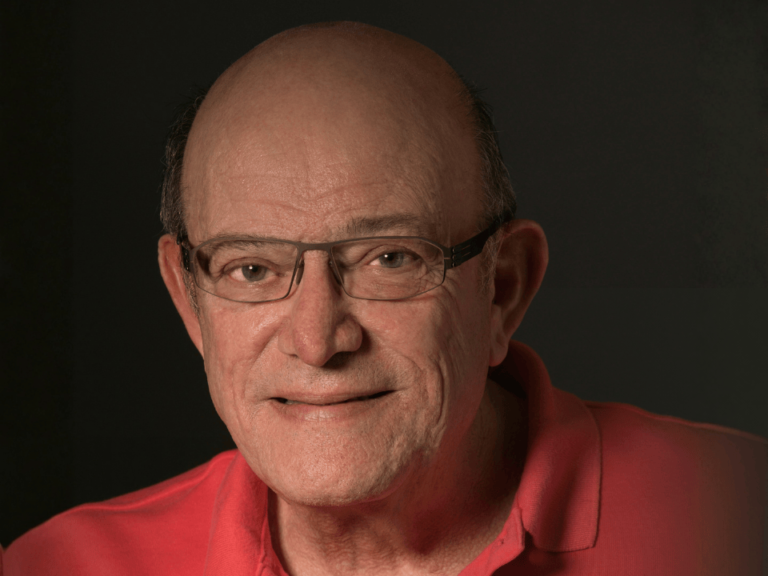ASCO’s CancerLinQ has launched a platform for CancerLinQ Discovery, its de-identified real-world cancer data product.
The platform includes real-world cancer care data available for analysis, along with a streamlined data request process and a personalized Amazon Web Services Workspace analytics environment.
Through CancerLinQ Discovery, researchers can examine curated sets of aggregated, de-identified data on a variety of cancer type. The CancerLinQ Discovery data set, which has more than 1.5 million cancer patient records, can be studied to uncover unseen patterns in patient characteristics and outcomes, with the goal of revealing opportunities to improve the quality of care.
The new CancerLinQ Discovery Research Platform enables researchers to:
Access a user-friendly view of available CancerLinQ Discovery data sets. At launch, CancerLinQ is offering data for five disease areas: breast, lung, ovarian, and prostate cancers, as well as chronic lymphocytic leukemia/small lymphocytic lymphoma, with plans to launch several more data sets over the course of the year.
Review key summary statistics about each data set prior to requesting access.
Complete streamlined data requests, approvals, and access processes.
Access a secure AWS workspace for completing analytic work, leveraging scalable cloud computing resources and tools like Apache Spark, RStudio, and Jupyter Notebooks, with additional tools and upgraded computing resources available upon request.
CancerLinQ Discovery is already being used by major cancer centers, government agencies, and other institutions to inform patient care and generate new hypotheses for clinical research.
This year, 11 abstracts completed using CancerLinQ Discovery data were accepted to the 2020 ASCO virtual annual meeting.
CancerLinQ is capturing data on COVID-19 infection directly from CancerLinQ-participating practices and, through CancerLinQ Discovery, will be providing de-identified data and analyses to help inform the cancer community’s ongoing response to the pandemic.











